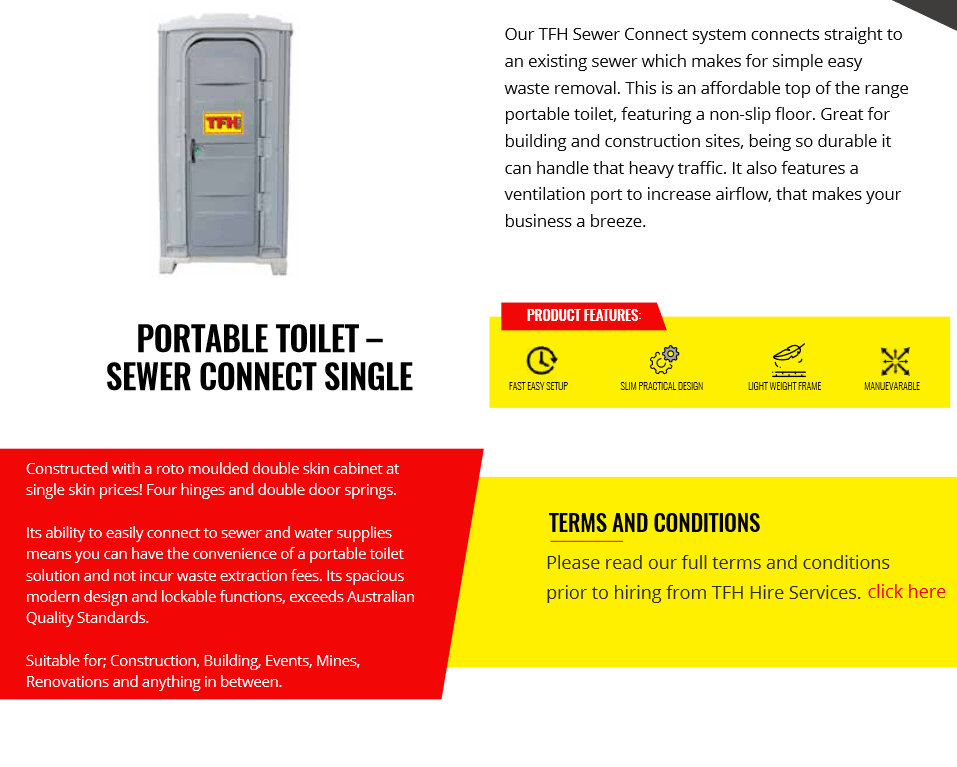Reclaim Waste Fundamentals Explained
Reclaim Waste Fundamentals Explained
Blog Article
Excitement About Reclaim Waste
Table of ContentsSee This Report on Reclaim WasteThe Ultimate Guide To Reclaim WasteThe Only Guide to Reclaim WasteReclaim Waste for DummiesThe Buzz on Reclaim Waste
Via proper liquid waste management, companies can minimize energy-intensive therapy procedures and disposal prices. By following a system for managing fluid waste, firms can avoid costly fines and penalties and avoid negative attention.(http://go.bubbl.us/e67627/7593?/Reclaim-Waste)Accumulate depictive samples from various points within the waste stream to ensure accuracy. Fluid waste, particularly harmful ones, poses considerable threats during this action.

is required when the effluent will be recycled or discharged right into metropolitan swimming pools. Disinfection (e.g., chlorination, ultraviolet light, ozonation) and nutrient elimination (e.g., denitrification and phosphorus removal) are recommended under rigid policies. This phase at the same time is purely regulated since it is when most threats take place. Countless business went against several fluid garbage disposal laws in the last few years.
What Does Reclaim Waste Mean?

Superficial containers contain liquid waste that is allowed to vaporize with all-natural processes. This kind of disposal is subject to strict ecological guidelines due to possibly hazardous exhausts.
The findings need to be recorded, assessed, and stored not simply for submission to governing authorities however additionally for making improvements in the future. Use reliable tools, approaches, and software program options to ensure accurate and consistent information collection. Keep updated on appropriate ecological policies and sector requirements. Share info with relevant stakeholders (e.g., employees, regulatory federal government firms, and neighboring communities) to preserve transparency and liability.
Despite the business size or market, there are various challenges connected with this task. Comprehending these can aid them effectively manage their operations and reduce their environmental impact. makes it tough to deal with and throw away fluid waste safely. Business that can not purchase facilities should think about teaming up with the general public field for much better services.
Unknown Facts About Reclaim Waste
By carrying out detailed monitoring systems that include treatment and reusing methods, regular tracking, danger assessments, and adherence to neighborhood and federal guidelines, industrial centers can add to the defense of groundwater materials, guaranteeing their schedule for future generations (liquid waste disposal melbourne). Allow's dive into the relevance of effective fluid waste administration in the industrial market, focusing on its ramifications for securing groundwater resources
The contamination of groundwater sources because of inappropriate liquid waste administration in the commercial field has significant consequences for human wellness, farming, and the setting in its entirety. A few of the possible effects created by such air pollution consist of: Contaminated Drinking Water Products: As groundwater provides a substantial part of our drinking water, contamination from commercial activities can bring about harmful chemicals and bacteria entering our water systems, positioning health risks for humans.
Lowered Agricultural Productivity: Farming depends greatly on groundwater for irrigation; consequently, polluted water can impede crop returns, pollute agricultural products, and affect food security. Given the value of maintaining groundwater resources, it is crucial for organizations to take a proactive position in handling their fluid waste sensibly and protecting against pollution.
Indicators on Reclaim Waste You Need To Know
Liquid waste can infect land and pollute waters. Details regarding managing and keeping liquid waste, responding to spills and reducing liquid waste is offered in the complying with fact sheets and advice:.
The function of waste management experts in guarding this priceless resource can not be overemphasized. Polluted water and polluted effluent administration: Making sure that hazardous fluids are securely eliminated and treated prior to they can damage our water sources.
Therefore, integrating lasting liquid waste administration into economic preparation improves economic security and secures the atmosphere, showing the value of this technique. In conclusion, taking on expert fluid waste management techniques is vital for guaranteeing a sustainable future, shielding our environment and safeguarding the well-being of future generations - liquid waste disposal melbourne. At E&E Waste, we are committed to promoting a better tomorrow via responsible activities today.
When it comes to taking care of waste, sticking to proper treatments is essential for a wide range of reasons. Proper garbage disposal is not just regarding sanitation; it's about guaranteeing the health of our environment, health, see page and the efficient use of sources. Recognizing the significance of reliable waste management can help us all add to a much healthier, cleaner planet.
The 2-Minute Rule for Reclaim Waste
Effective waste management assists keep clean streets and public spaces, reducing the visual effect of litter and guaranteeing that waste does not hurt wild animals. When waste is not gotten rid of appropriately, it can cause air pollution, where hazardous substances can seep right into the soil, water systems, and the air, producing long-term ecological issues.
Report this page